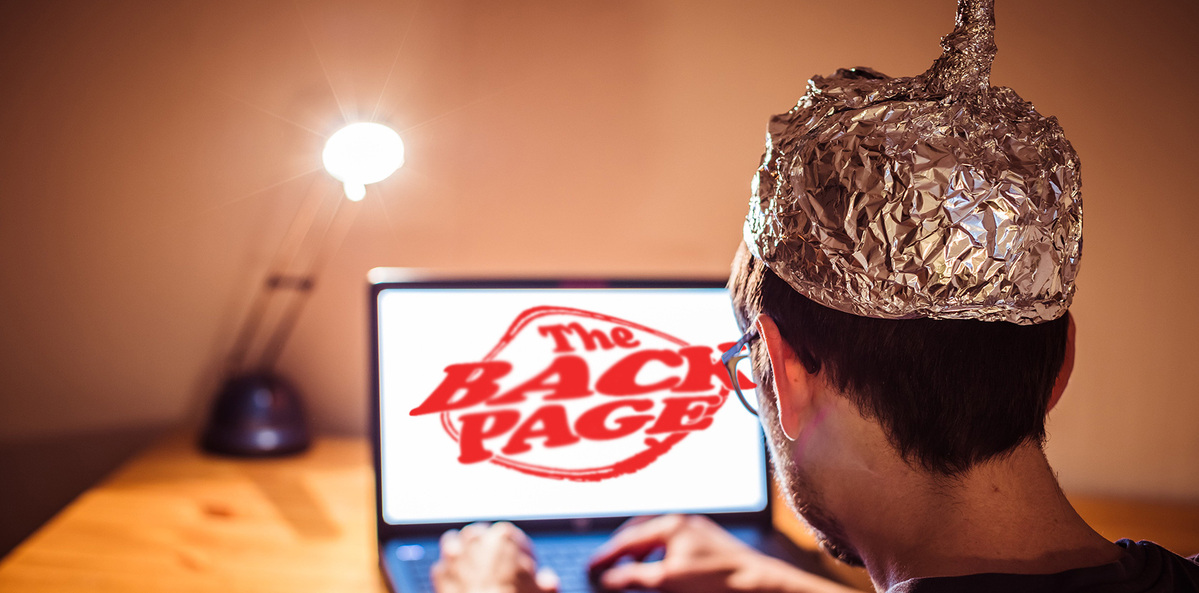Too many people are trying this at home.
Your humble scribe knows just enough about science to know that he doesn’t know very much and that actual scientists usually know what they’re talking about.
So imagine our disappointment when the covid pandemic came along and we discovered there are shedloads of folks out there who reckon the science boffins know bugger all about viruses and epidemics and that they are “going to do their own research”.
Of course, these DIY researchers had always been out there, but the combination of the internet and social media with the rapid spread of a confounding and deadly disease really brought them out of the woodwork.
What’s more, the pandemic made the DIYers more distrustful of scientists than before and more prone to believing misinformation and conspiracy theories.
The extent of it has now been revealed in a study by US researchers published recently in the Harvard Kennedy School’s Misinformation Review.
Using a panel of 1000 survey respondents, the researchers measured the participants’ levels of trust in science and their covid beliefs in December 2020 and again in March 2021.
What they found was the respondents with positive perceptions towards “doing your own research” were associated with holding more misperceptions about covid and less trust in science over time, even when controlling for the type of media they consumed.
“We wouldn’t normally expect this to change too much, especially over such a brief period. But for people who felt positively about ‘doing your own research,’ we did see that their distrust in scientific institutions and misperceptions about the pandemic grew,” Professor Sedona Chinn, from the University of Wisconsin-Madison, told media.
The boffins said this tendency might have been exacerbated by the “complicated and often confusing global public health emergency and in the relatively chaotic national politics in the United States”.
“It’s not like they reject doctors and medical expertise, but they think their opinion can be equally valid if they do their own research,” Professor Chinn added.
Which is ironic, because in the usual course of events encouraging people to “do their own research” is not necessarily a bad thing.
“There’s a lot of research showing that people who do more information seeking about politics are more civically engaged and people who do more information seeking about their health conditions have better treatment outcomes,” Professor Chinn said. “So, it is objectively good to do your own research.”
Unfortunately – and here’s where we “blame it all on social media” again – the number of bad actors out there in cyberspace are numerous, and their influence is disproportionately strong because of the echo-chamber effect of these technologies.
“As we dig further, we’re finding that ‘do your own research’ is really not associated with much information seeking,” Professor Chinn said. “And it begins to look more like an expression of an anti-establishment world view than an interest in finding more or better evidence on any given topic.”
Ain’t that the truth! But then we would say that, wouldn’t we …
Sending story tips to penny@medicalrepublic.com.au is much easier than doing your own research.


